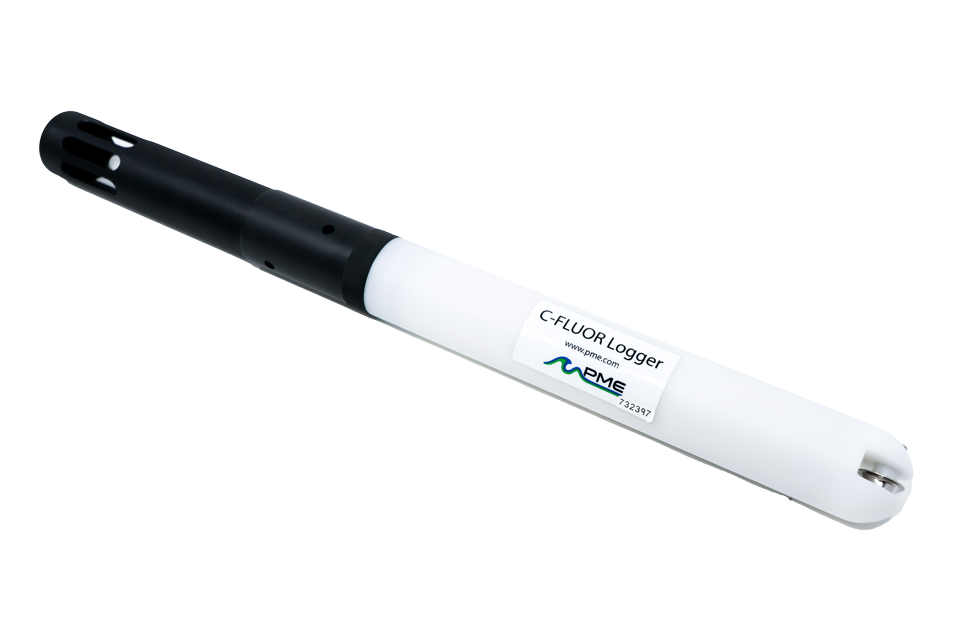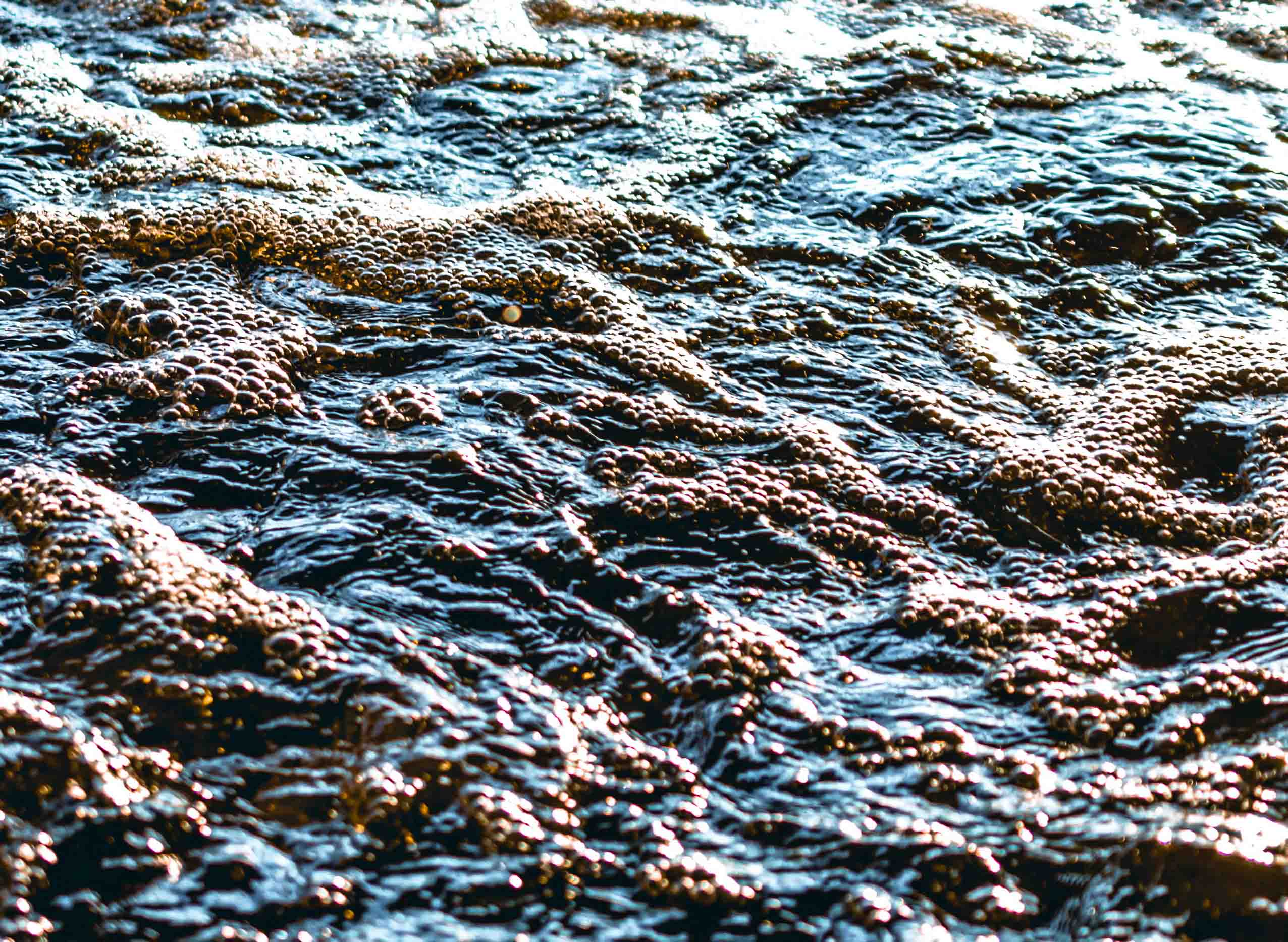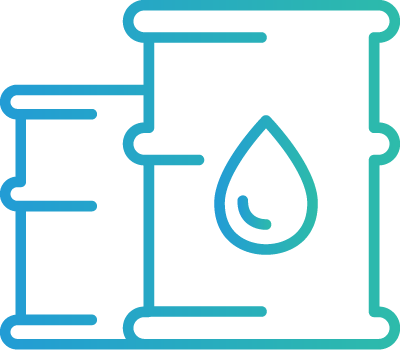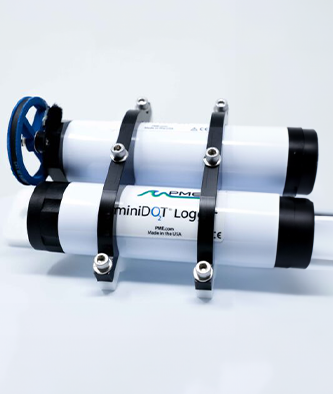Water Quality Parameters
Refined Fuels/Crude Oil
What are Refined Fuels and Crude Oil?
Refined fuels such as gasoline, diesel and kerosene feature diverse chemical properties and applications. While the product of refined fuel is shaped by the method of distillation and separation, all refined fuels begin as crude oil. Refineries convert (refine) crude oil into petroleum products for as refined fuels. Despite its natural occurrence, crude oil can cause serious damage when unleashed into the environment. The same can be said of its derivatives; practically a family trait, crude and refined fuels alike all contain volatile organic compounds (VOCs). VOCs such as toluene, ethylbenzene and xylene are significant and dangerous polluters. Present from the moment of crude oil’s extraction to the point of gasoline’s combustion in an engine, even taking to the air as exhaust, these known carcinogens pose significant risks to human, animal and ecological health.
How and Why Do We Measure Refined Fuels and Crude Oil in Water?
Wherever refined fuels or crude oils can be found, there exists a risk of pollution which can greatly affect aquatic life. Improperly treated wastewater from oil refineries and manufacturing facilities can seep into groundwater, contaminating nearby waterbodies and polluting sources of drinking water. Leaks from cars and other motor vehicles may be washed from roadways and sidewalks into streams and rivers. Regardless of its introduction method, removal is typically the priority of environmental agents, scientists and conservationists.
Some varieties of refined fuels are more difficult to remove than others, making the effective detection of refined fuels necessary to gauge the effectiveness of cleanup efforts. The detection of refined fuels and crude oils in water is also a relevant point for researchers studying the long-term impacts of such pollutants and their effect on the eco-system.
Products Measuring Refined Fuels/Crude Oil
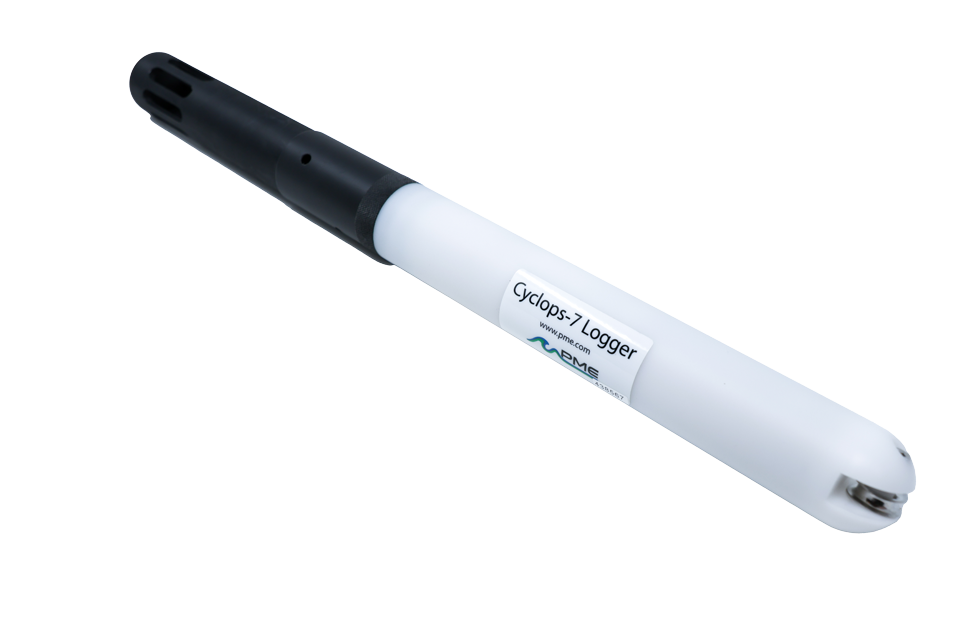
Fixed Cyclops-7 Logger

Interchangeable Cyclops-7
